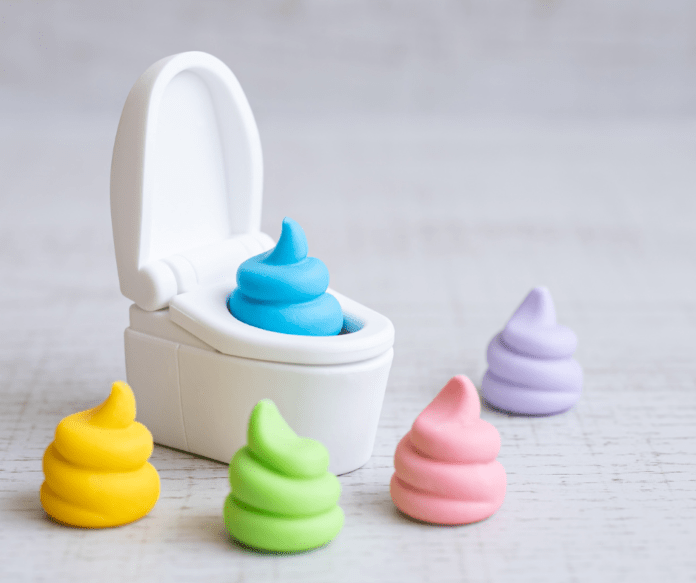Diabetes is a complex condition that affects various facets of the body’s functionality. Often, its implications on digestive health are overlooked or misunderstood. Understanding the intricate relationship between diabetes and the smell of feces can offer valuable insights into an individual’s overall well-being.What does diabetic poop smell like ?
Pages of Contents
I. Introduction to Diabetic Poop Smell
Diabetes, a chronic metabolic disorder characterized by elevated blood sugar levels, has widespread effects on the body. However, its connection to digestive health and bowel movements is lesser-known. The digestive process plays a pivotal role in breaking down food, absorbing nutrients, and eliminating waste. How does diabetes intertwine with this intricate system?
II. Understanding the Digestive Process
Digestion involves a meticulous breakdown of food components initiated in the mouth and finalized in the intestines. Enzymes and beneficial bacteria collaborate in this intricate process, ensuring efficient nutrient absorption and waste elimination.
III. Impact of Diabetes on Digestion
Altered glucose levels in diabetes can influence gut health. Fluctuating sugar levels can disrupt the balance of bacteria in the intestines, affecting the digestion process and potentially leading to changes in bowel movements.
IV. Factors Influencing Diabetic Poop Smell
Diet holds significant sway over the odor and consistency of feces. In diabetes, food choices can directly impact digestion. Additionally, medications prescribed for diabetes management might contribute to changes in bowel habits and odor.
V. Characteristic Odor of Diabetic Poop
The distinct smell associated with diabetic poop stems from the chemical composition of the waste. Understanding this unique odor profile can aid in recognizing and differentiating it from normal bowel odors.
VI. Importance of Monitoring Bowel Habits
Keeping tabs on bowel habits is crucial for diabetic individuals. Changes in fecal odor or consistency can serve as potential indicators of underlying health issues. Monitoring such changes plays a pivotal role in managing diabetes effectively.
VII. Managing Digestive Health in Diabetes
Modifying one’s diet to favor better digestion can significantly impact overall health in diabetic individuals. Consulting healthcare professionals for medication adjustments tailored to improve digestive health is equally important.
VIII. Seeking Medical Advice
Knowing when to seek medical advice regarding changes in bowel habits or unusual odors is vital. Healthcare professionals can conduct tests and examinations to ascertain the underlying causes and provide appropriate guidance.
IX. Addressing Smell-Related Concerns
Embarrassment surrounding changes in bowel odor is common. However, understanding that seeking support and utilizing available resources can alleviate concerns and aid in managing these changes effectively is crucial.
X. Conclusion
In essence, understanding the correlation between diabetes and the smell of feces is pivotal for proactive health management. Monitoring bowel habits, seeking medical guidance when necessary, and addressing concerns regarding odor changes are all integral aspects of comprehensive diabetic care. Awareness and proactive measures contribute significantly to maintaining a healthy digestive system in diabetic individuals.



